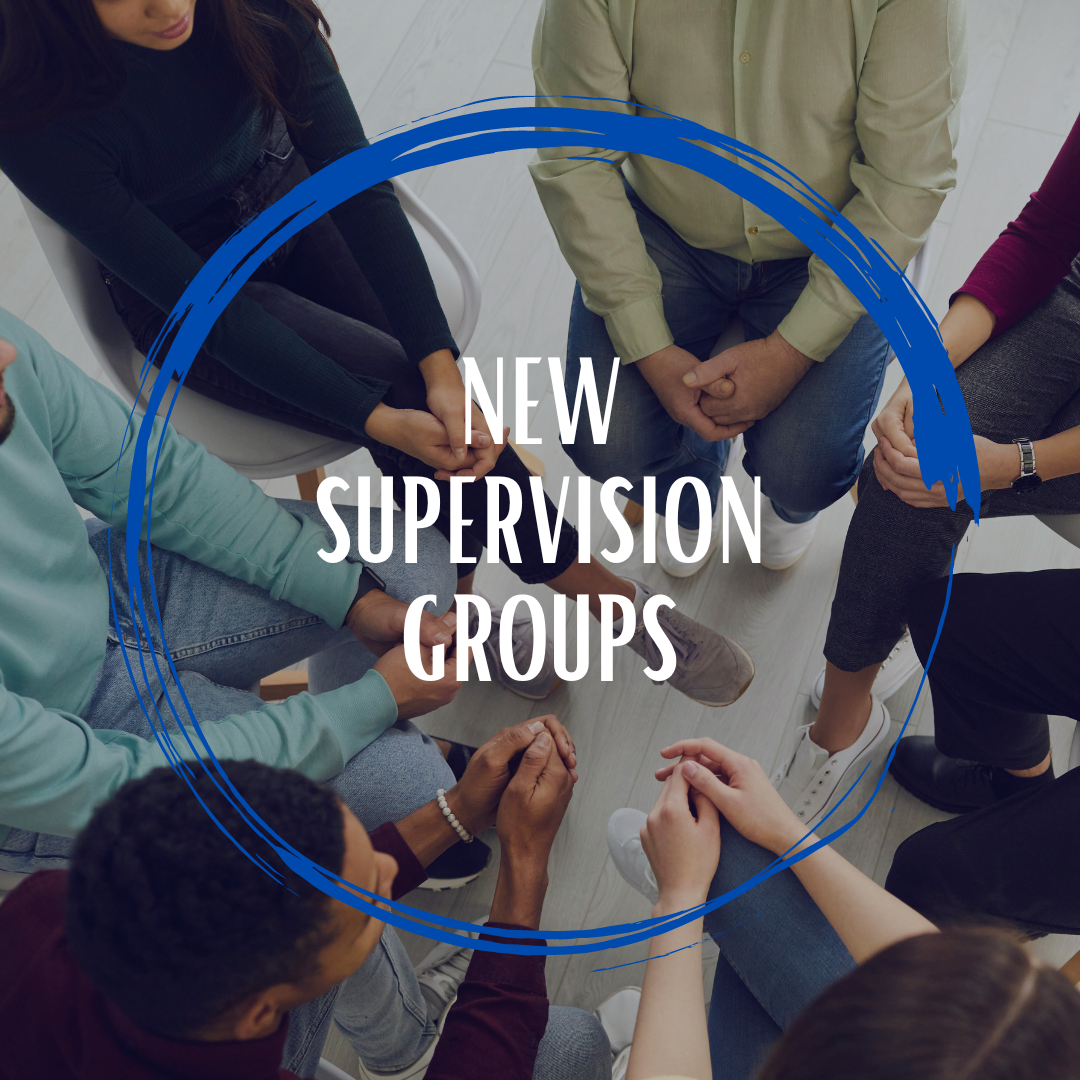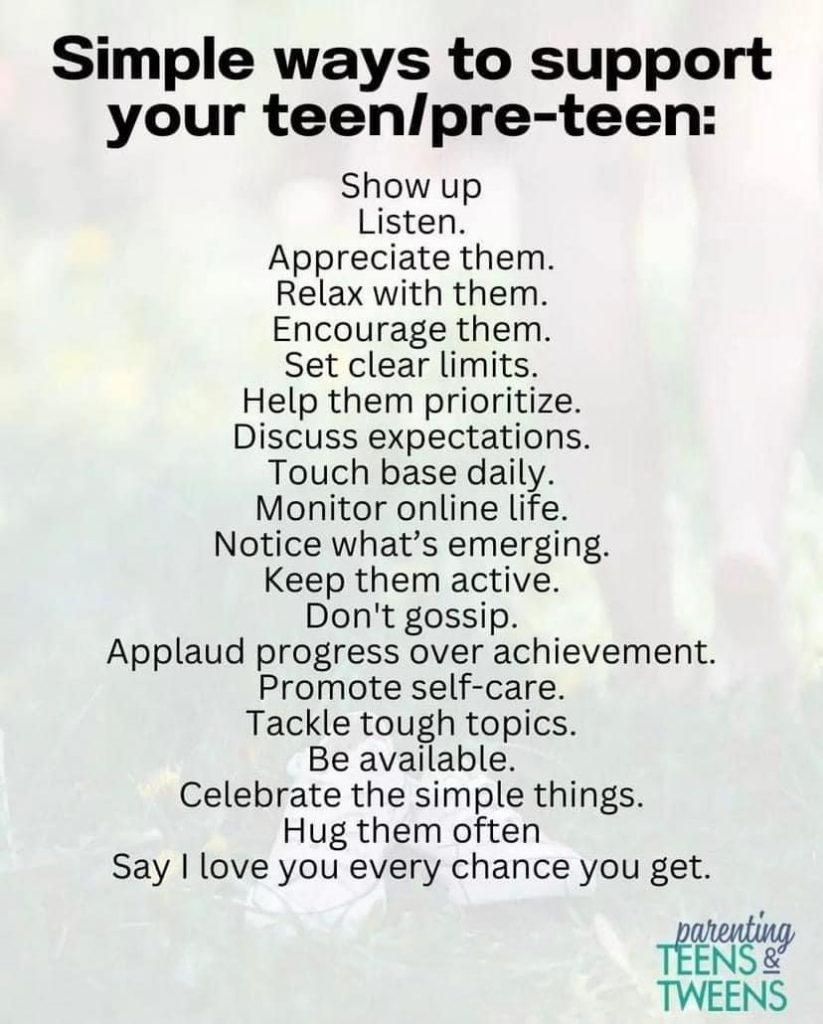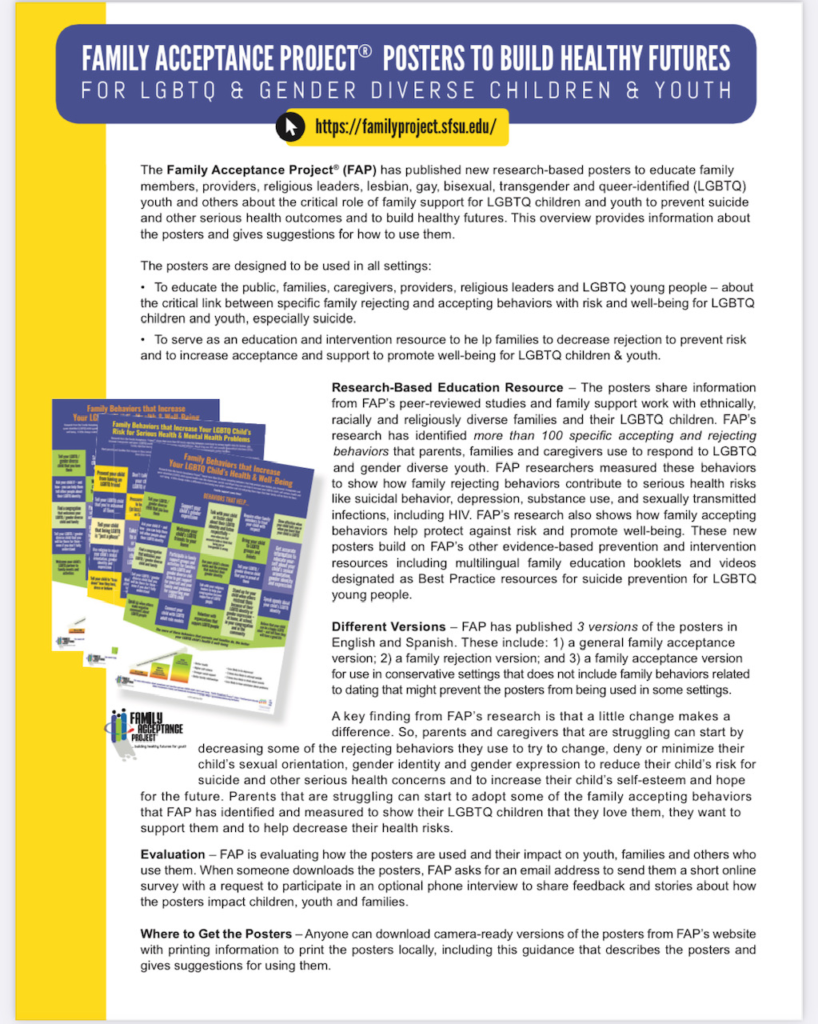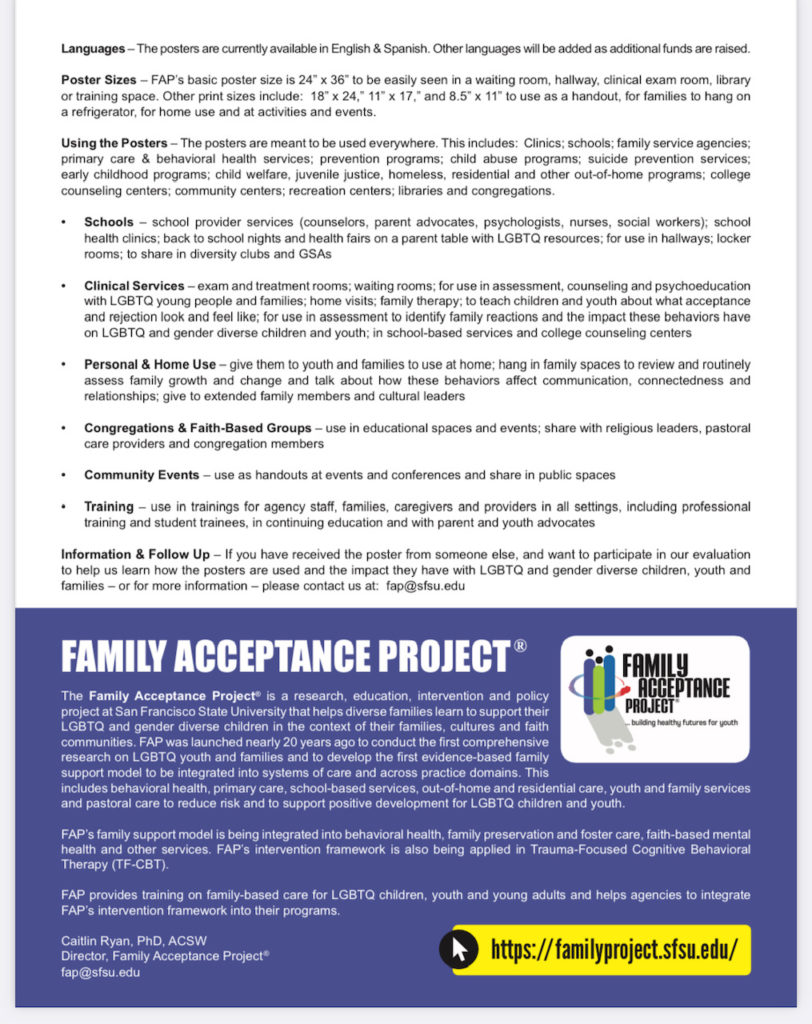We are excited to announce that in January 2024 we opened additional supervision groups run by our faculty. These groups will give the experienced professional an opportunity to build a supportive community of colleagues who are dedicated to systems thinking and intervention. Supervision groups such as these reduce professional isolation and foster resiliency. Maintaining a community of care around you is one of the most powerful wellness practices you can engage in! Regardless of the level of care in which you work – our groups provide opportunities to receive case consultation/conceptualization of complex cases, ethical decision-making support, and guidance in providing supervision. We would love to welcome you to our learning community! Those interested should email, administration@pcfttc.com, for additional details.
Category: Resource
-
Why choose PCFTTC.com for your professional development?
Check out Monifa and her experience with the training center. She is in Dr. Tara Byers’ training cohort. Monifa discusses how working in a team of three (supervisor, therapist, and co therapist) in supervision has helped her to master being able to slow down, listen actively, and reframe her approach to systemic family therapy sessions. She has learned to pay attention to the families’ needs and be intentional in the moment, rather than adhering to a rigid agenda. This change has taken pressure off of her and helped her focus on the quality of her presence in the session. Monifa expresses gratitude for this approach and the positive impact it has had on own professional and personal development.
CHECK OUT OUR CE COURSE STORE FOR HOMESTUDIES
Keywords: Philafamily, training center, Philadelphia Training Center, Family systems therapy, systemic training, Ecosystemic Structural Family Therapy, Steve Simms PhD, Marian Lindblad-Goldberg, ESFT, Structural Family Therapy, Salvador Minuchin, Structural Family Therapy Training, Philadelphia Child Guidance Clinic, Continuing Education – Earn Your CE Credits Today, Online courses with clinical demos. Find comprehensive solutions for clinical challenges. Clinical demos, live sessions & detailed commentaries, Intergenerational trauma, Complex developmental trauma, MFT, AAMFT, APA, LPC, ACS, ACA, LSW
-
Ecosystemic Structural Family Therapy in 2 minutes!
The focus is on the importance of understanding the ecosystem and variables that impact a symptomatic person. The training is on ecosystemic structural family therapy, which focuses on restructuring the family system and working with caregivers to promote growth. The therapist needs to work collaboratively, meaningfully, and take into account the unique culture of the family. The therapist also needs to understand the concepts of culture, power, and privilege when working systemically with a family. The family’s culture includes their rules, beliefs, rituals, and traditions of how they relate to each other.
The therapist’s cultural beliefs and experiences can shape their interpretation of the family they work with. Power dynamics and privilege play a significant role in the therapeutic relationship, as the therapist’s level of power may differ from that of the family. Privilege is an unearned advantage that benefits people of dominant groups, and therapists must be aware of their own privilege and lived experiences to be context-sensitive and trauma-informed. The training will explore how social institutions impact privilege and how therapists can work to hold other members of the dominant group accountable.
keywords: Philafamily, training center, Philadelphia Training Center, Family systems therapy, systemic training, Ecosystemic Structural Family Therapy, Steve Simms PhD, Marian Lindblad-Goldberg, ESFT, Structural Family Therapy, Salvador Minuchin, Structural Family Therapy Training, Philadelphia Child Guidance Clinic, Continuing Education – Earn Your CE Credits Today, Online courses with clinical demos. Find comprehensive solutions for clinical challenges. Clinical demos, live sessions & detailed commentaries, Intergenerational trauma, Complex developmental trauma, MFT, AAMFT, APA, LPC, ACS, ACA, LSW, LSCW, human services, LMFT, social workers, counselors, psychologists, eco-systemic structural family therapy
-

You can’t thrive in a closed system…Tara Byers
TARA SAYS: The role of training and supervision in professional growth is crucial. Just as it’s important for family systems to be open to let helpers in, it’s essential for clinicians to have support from colleagues and supervisors to thrive and grow. Engaging in open systems allows for new perspectives, creativity, and competence, which is foundational for professional wellness. Self-care is not just about what we do for ourselves, but also about the community we create around us. Reflecting on the openness of the system around us is important.
keywords: Philafamily, training center, Philadelphia Training Center, Family systems therapy, systemic training, Ecosystemic Structural Family Therapy, Steve Simms PhD, Marian Lindblad-Goldberg, ESFT, Structural Family Therapy, Salvador Minuchin, Structural Family Therapy Training, Philadelphia Child Guidance Clinic, Continuing Education – Earn Your CE Credits Today, Online courses with clinical demos. Find comprehensive solutions for clinical challenges. Clinical demos, live sessions & detailed commentaries, Intergenerational trauma, Complex developmental trauma, MFT, AAMFT, APA, LPC, ACS, ACA, LSW, LSCW, human services, LMFT, social workers, counselors, psychologists, eco-systemic structural family therapy
-

Trans Affirming
Visit Trans Affirming Training & Consulting for more information on trans affirming resources.
-

Free Training
https://mhttcnetwork.org/centers/global-mhttc/2023-mhttc-grief-sensitivity-virtual-learning-institute
-

Resource List for Working with LGBTQ Clients
The Trevor Project. Trevor Project is the nation’s only crisis intervention and suicide prevention agency for LGBTQ+ youth. You can call, text, or chat with them 24/7.
TrevorLifeline — A crisis intervention and suicide prevention phone service available 24/7 at
1-866-488-7386
TrevorText — Text “START” to 678678. Standard text messaging rates apply. Available 7 Days
A Week, (6am–1am ET/3am–10pm PT).
TrevorChat — Available 7 Days A Week, (6am–1am ET/3am–10pm PT). Access by going to https://www.thetrevorproject.org/get-help-now
Parents and Families of Lesbians and Gays (PFLAG) www.pflag.org
Gay, Lesbian, and Straight Education Network (GLSEN) www.glsen.org
TransYouth Family Allies www.imatyfa.org
GayChurch.org www.gaychurch.org (website that helps you find a local open and affirming congregation)



